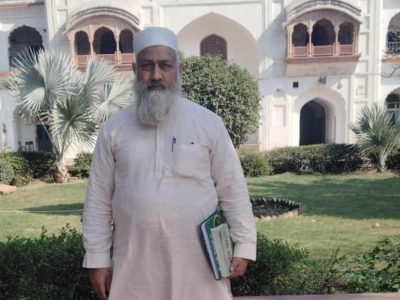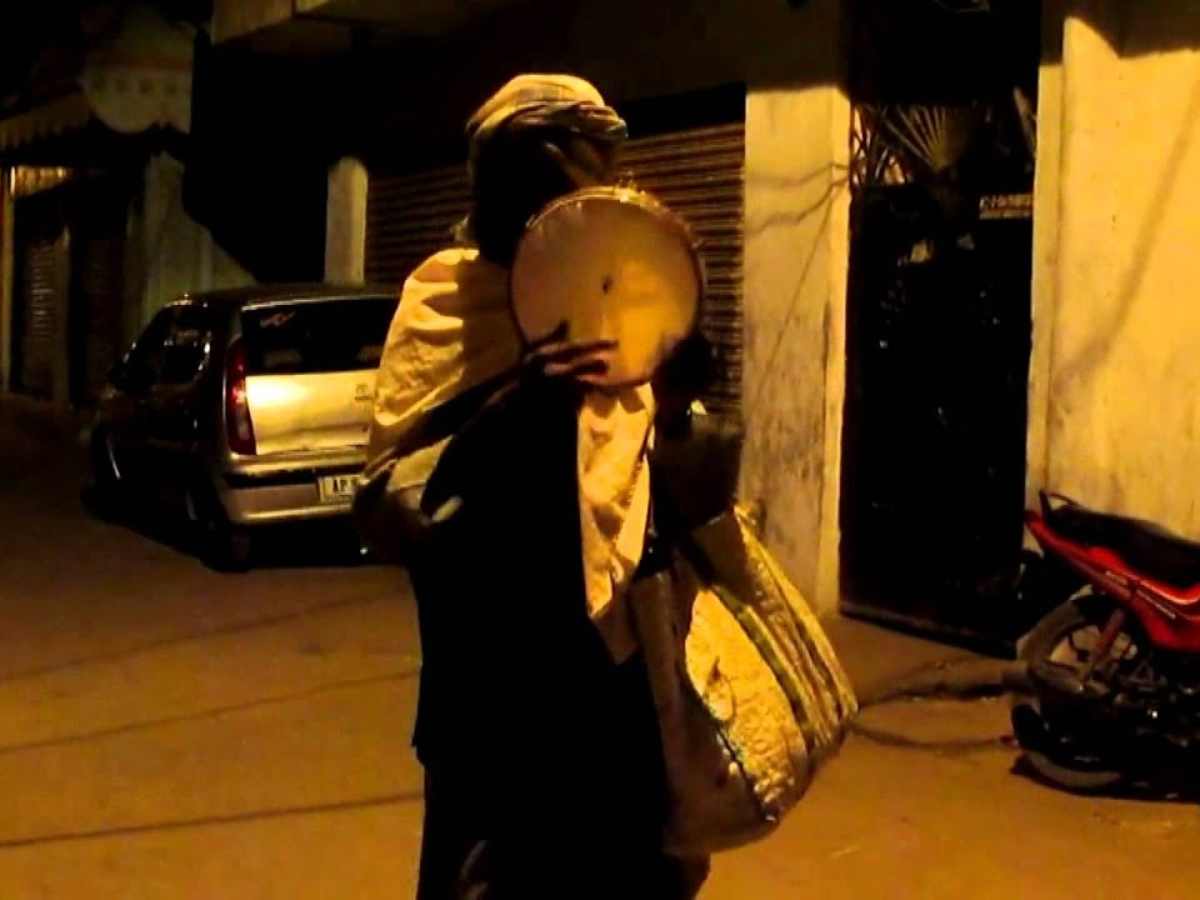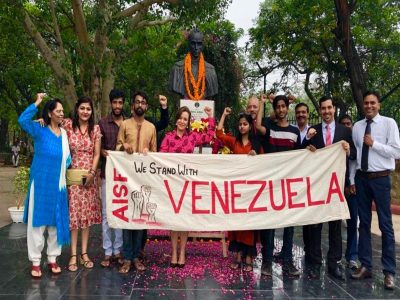Ramzan: It is 2:30 am in Delhi-6. The silence of the night is broken only by the occasional rustling of leaves and the distant hum of the city. In some alleys, darkness settles thick, undisturbed. And then, piercing through the quiet, a voice rings out.
“Bhai Mushtaq, ab utho! Sehri ke liye utho!” (Wake up! Wake up for Sehri!)
A middle-aged man, dressed in a simple kurta-pyjama, stands a couple of hundred metres away, microphone in hand. He repeats the call three or four times, his voice carrying through the empty streets. From a balcony in Kucha Pandit, a response follows: “Uth gaye bhai!” (We’re awake, brother!).
This is Suleman, a resident of Basti Mir Dard near Ramlila Ground. For over two and a half decades, as soon as the month of Ramzan begins, he walks the streets before dawn, waking people for Sehri, the pre-fasting meal. His task is simple, yet vital. He moves from house to house, sometimes knocking on doors, sometimes calling out individual names:
Also read: Only 3 more days: AAP puts up posters over ‘delay’ in rolling out BJP’s monthly aid to women pledge
“Wake up, Taki Bhai, it’s time for Sehri!”
“Wake up, Hamid, it’s time for Sehri!”
“Wake up, Hamid, it’s time for Sehri!” Some residents wait for him. A few steps outside to press small offerings—cash, sweets, or fruit—into his hands, gestures of gratitude for an old tradition kept alive. But Suleman does not do this for money. His service is voluntary, a quiet act of devotion in the stillness of the night.
Yet, he is among the last of his kind.
A tradition on the brink of extinction
A decade ago, the sehriwalas—those who wake the fasting faithful—were a common sight in the walled city of Delhi. They moved in small groups, singing Naat and Qawwali, their rhythmic chants accompanied by the steady beat of a Daphli (small drum). Families would listen from their rooftops, waiting for the voices that signalled the beginning of another fasting day.
Now, only a handful remain.
The decline is swift and stark. In Delhi 6, no more than five or six sehriwalas still carry out this tradition. Where once their presence was woven into the rhythm of Ramzan, today, their absence is barely noted.
Idris, another sehriwala from Basti Mir Dard, understands this shift but refuses to stop.
“I find great peace in fulfilling the responsibility of waking up those fasting in the blessed month of Ramzan,” he says. “As long as I have life, I will continue to do this noble deed.”
Like Suleman, Idris walks from his home at night, crossing Ramlila Maidan before reaching the houses of those who await him. They are among the most anticipated figures during Ramzan, their voices carrying both urgency and care. They sacrifice their own rest so others do not miss their meal before dawn.
“The sehriwalas are the unsung heroes of a cherished tradition,” Idris says.
The rise of mobile alarms and changing times
In a world now dominated by smartphones, the role of the sehriwala has been quietly usurped by technology.
Gaus Mohammad, who lives near India Gate, no longer relies on the calls of a sehriwala to wake up.
“I set an alarm on my mobile for 2:30 am,” he says. “At the appointed time, the mobile rings. This wakes me and the rest of my family. After that, the preparations for Sehri begin.”

Even those who once played the role of sehriwalas themselves have transitioned. Maqsood Ahmed, a teacher in a government school and a social worker, recalls the days when he walked the streets of Daryaganj and its surrounding areas, calling people to wake up.
“When I moved to Delhi in the early 1990s, there were many sehriwalas active in the walled city. Slowly, their number started declining sharply,” he says. “Around four years ago, I thought of becoming a sehriwala myself. I am happy that by the grace of God, I am doing my duty without any issue.”
The passing of time has claimed some of the most respected voices of this tradition. Many residents of the walled city fondly remember veteran sehriwala Zafar Bhai, who passed away two years ago. He did not limit his service to strangers—he would go to the homes of his neighbours, relatives, and friends, ensuring no one was left asleep when Sehri began.
A tradition lost to urbanisation?
In parts of Delhi like Okhla and beyond, the role of the sehriwala has all but vanished. Aslam Zaki, an income tax consultant and resident of Vivek Vihar, recalls a different time.
“I vividly remember when we used to live at Bhola Nath Nagar in Shahdara about two decades ago,” he says. “An old gentleman would visit our area to wake people up. I don’t think sehriwalas exist anymore in East Delhi.”
Instead, like many others, Zaki has adapted. He now calls or messages his children and loved ones living outside Delhi to wake them for Sehri. The role of the sehriwala has transformed into digital alerts and notifications, a far cry from the human touch that once defined this tradition.
Yet, for those who remain, the service is not about recognition or reward.
“The sehriwalas do not wake people up for any greed or avarice,” Maqsood Ahmed says. “Those fasting give them gifts out of their own will. They are happy if someone gives them a gift, and happy if they don’t. They have no complaints against anyone.”
Also read: No mediator needed, anyone can talk to me directly: Delhi CM Gupta
The end of ana era?
The tradition of the sehriwala is more than just an act of waking people up—it is a cultural marker, a thread connecting generations of Delhi’s Muslim community. As their voices fade, so too does a piece of the city’s history.
Dr Atyab Siddiqui, a noted advocate, sees it as an inevitable shift.
“The tradition of sehriwalas is timeless,” he says. “Eagerly awaited by Muslims during Ramzan, these tireless souls take on the noble duty of ensuring that people wake up in time for Sehri. But times are changing.”
The streets of Old Delhi still hold their echoes, but for how much longer remains uncertain. As the city modernises, the pre-dawn calls of the sehriwala may soon become a memory—revered, but no longer heard.
The writer is a Delhi-based senior journalist and author of two books ‘Gandhi’s Delhi: April 12, 1915-January 30, 1948 and Beyond’ and ‘Dilli Ka Pehla Pyar – Connaught Place”





